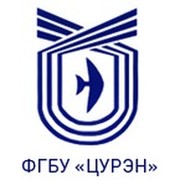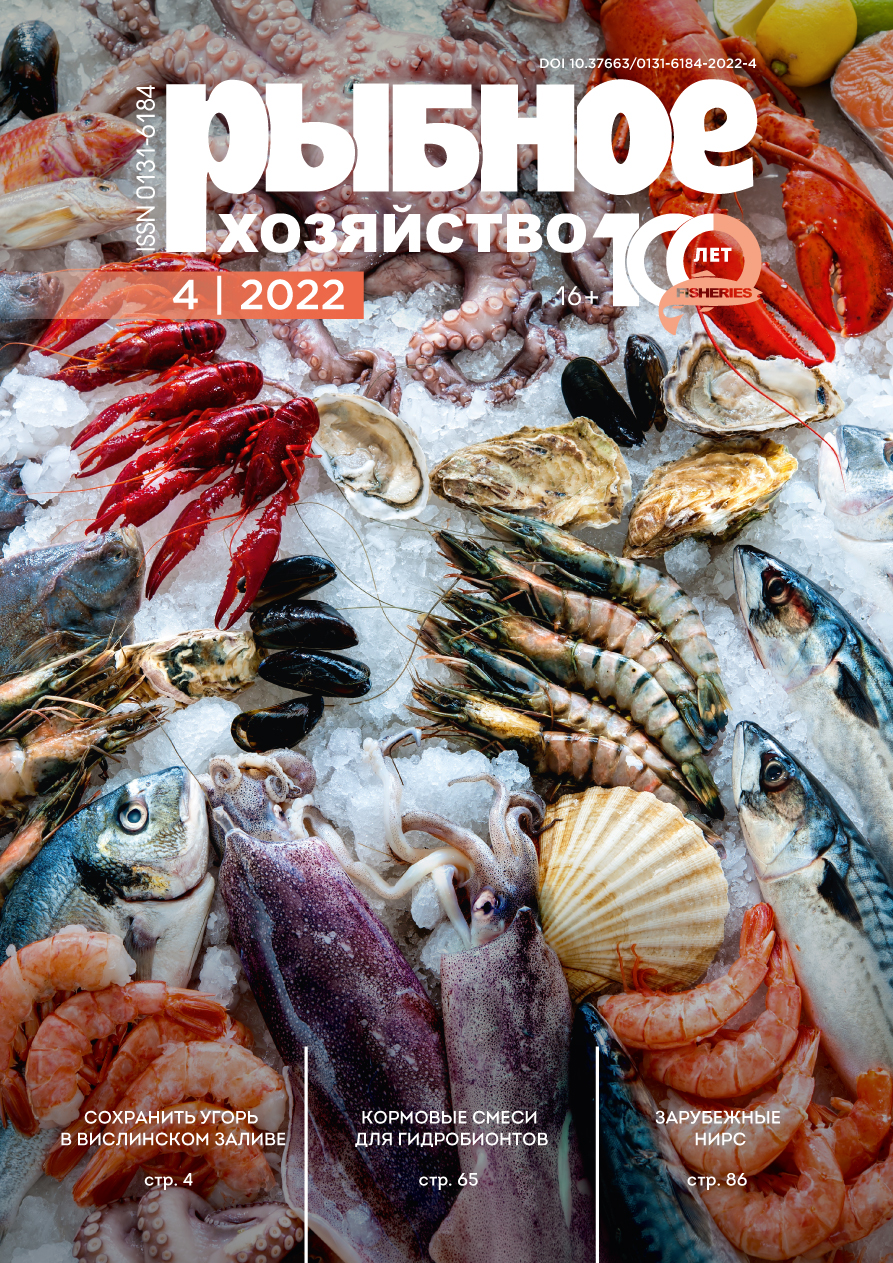Moscow, Russian Federation
Russian Federation
UDK 574.62 Промысловая гидробиология
GRNTI 70.27 Качество воды
OKSO 35.03.08 Водные биоресурсы и аквакультура
BBK 472 Рыбное хозяйство
To understand the mechanisms of formation of water quality in an aquatic ecosystem, the processes of formation of funds of dissolved organic matter (DOM) and detritus are essential. When the algae die off, the bulk of their contents enter the aquatic environment within one week. Detritus settles at a rate of about one meter per day. In deep water bodies, the destruction of detritus occurs to a significant extent in the water column; in shallow water bodies, it occurs mainly at the bottom. DOM is consumed by bacteria and algae. This article presents the results of an experimental study of the quantitative aspects of DOM transformation and metabolism using natural water samples immediately after they were taken from a mesotrophic freshwater ecosystem. The total heterotrophic activity of various fractions of plankton in natural water was determined. The specific heterotrophic activity (per a unit of biomass) was also determined. It was found that the specific heterotrophic activity of bacteria (per a unit of biomass) in all cases is higher than the activity of phytoplankton. The new results provide a detailed understanding of chemical-biotic interactions in aquatic ecosystems, which is important for the analysis of water self-purification processes.
water quality, algae, bacteria, cyanobacteria, dissolved organic matter (DOM), heterotrophic activity, particulate organic matter, detritus, freshwater ecosystem, membrane filters, radiocarbon method
1. Sadchikov A.P. Production and transformation of organic matter by size groups of phyto- and bacterioplankton: On the example of reservoirs of the Moscow region: Abstract of the dissertation. ... Doctors of Biological Sciences: 03.00.18 // Lomonosov Moscow State University. - Moscow, 1997. - 53 p.
2. Cole J.J., Likens G.E., Hobby J.E. Decomposition of planktonic algae in an oligotrophic lake. //Oikos, 1984. Volume 42. - N 3. - Pp. 257-266.
3. Sadchikov A.P., Ostroumov S.A. Methodological aspects of the study of productive and destructive processes in aquatic ecosystems / A.P. Sadchikov, S.A. Ostroumov // Environmental Studies, Hazards, Solutions. 2018. Volume 25. - Pp.139-146.
4. Sadchikov A.P., Ostroumov S.A. Consumption of low-molecular organic matter by algae and bacteria (on the example of a mesotrophic ecosystem) / A.P. Sadchikov, S.A. Ostroumov // Environmental Studies, Hazards, Solutions. 2018. Volume 25. - Pp.146-153.
5. Sadchikov A.P., Ostroumov S.A. Improving methodology in the study of heterotrophic activity of algae and bacteria / A.P. Sadchikov, S.A. Ostroumov // Environmental Studies, Hazards, Solutions. 2018. Volume 25. - Pp.153-160.
6. Sadchikov A.P., Kulikov A.S. Transformation of organic matter isolated by phytoplankton in vivo by bacterial community. / A.P. Sadchikov, A.S. Kulikov // Hydrobiological Journal. - 1990. - vol. 26. - No. 6. - Pp. 13-16.
7. Sadchikov A.P., Kulikov A.S. Utilization of postmortem secretions by the bacterial community of phytoplankton. / A.P. Sadchikov, A.S. Kulikov // Hydrobiological journal. - 1992. - vol. 28. - No. 5. - Pp. 16-21.
8. Sadchikov A.P., Frenkel O.A. Sorption of labeled compounds by membrane filters. / A.P. Sadchikov, O.A. Frenkel // Inform. Byull. Biology of Inland Waters of the USSR Academy of Sciences. - 1990. - No. 89. - Pp. 81-83.
9. Sadchikov A.P., A.A. Makarov Consumption and transformation of low molecular weight MOAT by phyto-and bacterioplankton in two reservoirs of different trophic capacity. / A.P. Sadchikov, A.A. Makarov // Water resources. - 2000. - Issue 27. - No. 1. - Pp. 72-75.
10. Sadchikov A.P., Kanikovskaya A.A. The role of bacterioplankton in the destruction of organic matter of the Mozhaisk reservoir. / A.P. Sadchikov, A.A. Kanikovskaya // Microbiological Journal. - 1984. - vol. 46. - issue 4. - Pp. 10-14.
11. Ostroumov S.A., Sadchikov A.P. Dynamics of nitrogen, phosphorus and carbon content in detrital particles suspended in the aquatic phase of ecosystems: accounting for the formation of water quality and exometabolism. //Russian Journal of General Chemistry, 2018. Volume 88 (13), pp. 2912-2917. https://www.researchgate.net/publication/331099556.
12. Sadchikov A.P., Ostroumov S.A. Formation of water quality in a freshwater ecosystem and consumption of low-molecular organic matter by algae and bacteria / A.P. Sadchikov, S.A. Ostroumov // Fisheries. - 2019. - No. 2. - Pp. 65-69.
13. Sadchikov A.P., Ostroumov S.A. Identification and quantitative assessment of the significant contribution of algae and bacteria to the formation of water quality and removal of dissolved organic matter from the water of the eutrophic ecosystem. / A.P. Sadchikov, S.A. Ostroumov // Fisheries. - 2019. - No.5. - Pp. 60-65.
14. Ostroumov S.A. Biological mechanism of self-purification in natural reservoirs and watercourses: theory and practice // The successes of modern biology. - 2004. - Vol.124. - No. 5. - Pp 429-442. https://www.academia.edu/790429 /; http://scipeople.ru/publication/67095 /; www.scribd.com/doc/57695131 /.
15. Ostroumov S.A. On some issues of maintaining water quality and its self-purification // Water resources. - 2005. - vol. 32. - No. 3. - Pp. 337-347. https://www.researchgate.net/publication/266736152;
16. Ostroumov S.A. Hydrobionts in water self-purification and biogenic migration of elements. - M.: MAKS-Press, 2008. - 200 p. https://www.researchgate.net/publication/266200066.
17. Ostroumov S.A. Water quality and conditioning in natural ecosystems development of the theory of biological mechanisms of water self-purification // Environmental chemistry. - 2017. - vol.26(4). - Pp. 175-182. https://www.academia.edu/43223672 /; https://www.researchgate.net/publication/319955185
18. Ostroumov S.A. Ecological theory of water quality improvement in healthy aquatic ecosystems: theory of water self-purification. // Green economy in the era of the Fourth Industrial Revolution. (Editors: L. Yovanovich and others), 2021. - Pp. 69-92. https://www.academia.edu/77972322 /.
19. Ostroumov S.A. On biotic self-purification of aquatic ecosystems: elements of theory // Reports of Biological Sciences. - 2004. - Vol.396. - Pp. 206-211; https://www.academia.edu/40842047 / Doi IDhttps://doi.org/10.1023/B:in Dobs.0000033278.12858.12.
20. Ostroumov S.A. Biomachines for maintaining water quality and natural self-purification of water in marine estuarine systems: elements of qualitative theory. // Int. Journal of Oceanography of the Oceans. - 2006. - Vol.1. - No. 1. - Pp. 111-118. https://www.academia.edu/44091281 /.
21. Ostroumov S.A. Molecular foundations of the ecological mechanism of water quality formation and water self-purification. // Modern problems of ecology. - 2008. - Vol.1. - Pp. 147-152. https://www.academia.edu/1892721 /.
22. Ostroumov S.A. Biocontrol of water quality: the multifunctional role of biota in water self-purification // Russian Journal of General Chemistry. - 2010. - Volume 80(13). - Pp. 2754-2761. https://www.academia.edu/1892485 /. https://www.researchgate.net/publication/227303635.
23. Ostroumov S.A. Water quality and conditioning in natural ecosystems: biomachine theory of water self-purification. // Russian Journal of General Chemistry. - 2017. - Vol. 87. - No. 13. - Pp. 3199-3204. https://www.academia.edu/44021682 /. https://www.researchgate.net/publication/323122008.











